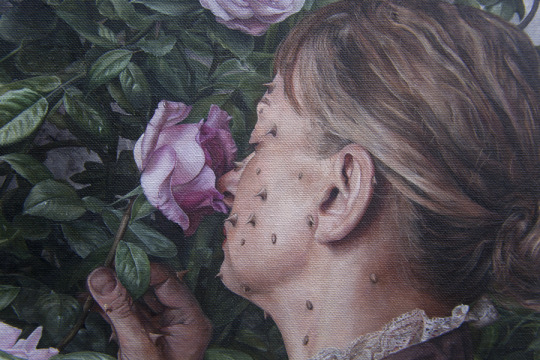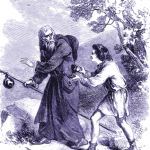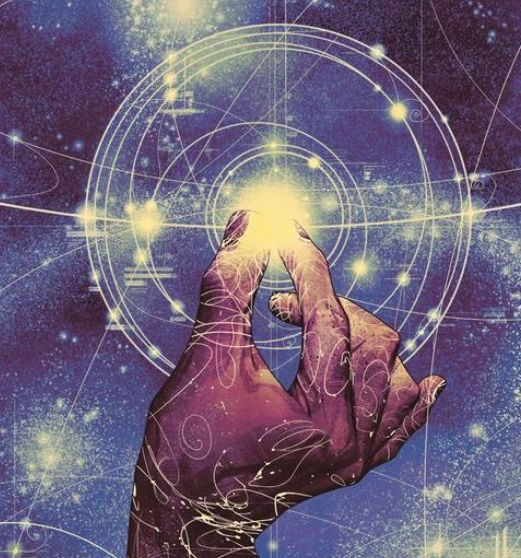In resonance with the Sun-Mercury conjunction coming up in Scorpio (exact on November 17), I want to share this message from Robert Augustus Masters’ book Spiritual Bypassing.
“Turning toward our pain is an act of radical caring—and not just caring for ourselves—because in doing so we cease to fuel our avoidance and those addictive behaviors we have used to keep ourselves removed from pain. In turning toward our pain, we also, however indirectly, turn toward others’ pain, both on the personal and collective level, (in both personal and collective contexts), and so our compassion for others deepens and widens. Turning toward our pain is about bringing into our heart all that we have rejected, ostracized, disowned, neglected, bypassed, shunned, excommunicated, or otherwise deemed as unworthy in ourselves. Our heart has room for it all. We are all faced with considerable challenges, not the least of which is our personal and collective conditioning. To be able to relate to our conditioning rather than simply identify with it is much more than just an intellectual undertaking, requiring that we turn toward and enter the very pain out of which much of our conditioning arose.
And that turning toward, that courageous choice to become intimate with our pain and its roots, asks for much, much more than just a mere belief in or parroting of what we’ve been taught or read about our true nature. To emerge from our pain, we have to enter it.
The greater our fear of pain, the more extreme our spiritual bypassing “solutions” tend to be. We may, for example, present ourselves as having special spiritual status, on a continuum between grandiosity (inflated somebody-ness) and faux humility (inflated nobody-ness). This is akin to the excessive control often craved by those who grew up having far too little control. We may find ourselves very uncomfortable with the presence of other’s pain, especially emotional pain, because it resonates, however quietly, with our own submerged pain, pulling it closer to the surface. When we are caught up in spiritual bypassing, our reluctance to acknowledge and feel our own pain keeps us standing apart from the pain of others, perhaps offering such spiritual bon mots as, “Tell me what you’re getting out of creating this for yourself” or “It’s perfect that this is happening” or “Stop living in the past” or, perhaps most commonly, “It’s your karma.” Anything to keep distance—plenty of distance.
Not all spiritual bypassing so blatantly avoids pain; the dance of avoidance can be done with great subtlety. Consider, for example, spiritual practices that advocate observing whatever arises with mindful attentiveness: these are not in and of themselves indicative of spiritual bypassing, but in the teaching to simply be an impartial witness to whatever is arising, there is a danger of becoming an overly passive or impersonal observer, thereby generating an excessive kind of detachment.
We might find a sense of reassuring comfort in doing such practices, which make a spiritual virtue out of standing apart from what is occurring, safely removed from any significantly close contact. Of course, this is not the fault of the practice but of how it is being employed and perhaps taught. As meditators, we may assume we are sitting with our pain—observing it moment-to-moment—when we in fact may just be sitting on it, using our witnessing capacity to keep it at a distance rather than becoming more intimate with it.
If a meditative technique is primarily used to avoid pain, spiritual bypassing is occurring. However, using meditation to ease pain or reduce its intensity does not necessarily signal spiritual bypassing but rather a kind of relaxation that allows us to enter more deeply into our life. Expanding our boundaries and softening around our area of pain gives it more room to breathe and stretch, more space to show itself in its various dimensions. Once our pain is a little less sharp, we can direct our attention into it, getting to know it from deep inside. The healing of pain is found in pain itself.
Contrary to what we tend to believe, the more intimate we are with our pain, the less we suffer. Often when we say we are in pain, we are not really in our pain, but only closer to it than we would like. We are then in fact still outside it, still removed from it, still keeping our distance. By consciously and compassionately entering into our pain and cultivating intimacy with it, we begin to find some real freedom from our suffering. Our hurt may remain, but our relationship to it will have changed to the point where it’s no longer such a problem to us, and in fact may even become a doorway into What Really Matters.
The point is not to romanticize the awakening power of pain any more than it is to bewail the presence of pain. Real freedom does not mean the absence of pain but rather fully embracing our pain without getting lost in its dramatics. This means, fully facing whatever dragons are guarding the treasure we seek. And what are dragons but the archetypal presence of that which scares or appears to threaten us, not just from outside but from within? To reach the treasure we must face and encounter whatever dragons are guarding it.
In the beginning we may view our dragons—whatever shape they may take—as hindrances, problems, or inconveniences. Later on, however, we will come to view them not as obstructions on the path but rather as an essential part of the path. The path to what? To that for which we most deeply long. Establishing ourselves on this path means letting go of our suffering until there’s nothing between us and our pain. This journey is ours to take. And if we choose to take it, we take it not just for our sake but for everyone’s, as the more deeply we heal, the more of a life-giving force we become for others.
May we face our dragons and through our encounters with them find the healing, awakening, and freedom that is our birthright, realizing that our work is not to be freed from our pain but to be freed through our pain.”
(Art: Revelation by Lisa Adams)










1 Comment
monarchastro
November 12, 2015 at 11:22 pmI have been moving through some grief – besides tuning in and figuring out what is going on, there does come a point where I want to be able to actively DO something to feel better. For me one of those things is yoga – which I think in this case doesn’t qualify as a spiritual bypass! It just helps me make connections and see things from new angles. I like this set for moving through difficult things: https://www.youtube.com/watch?v=_jeFVT3ER0o